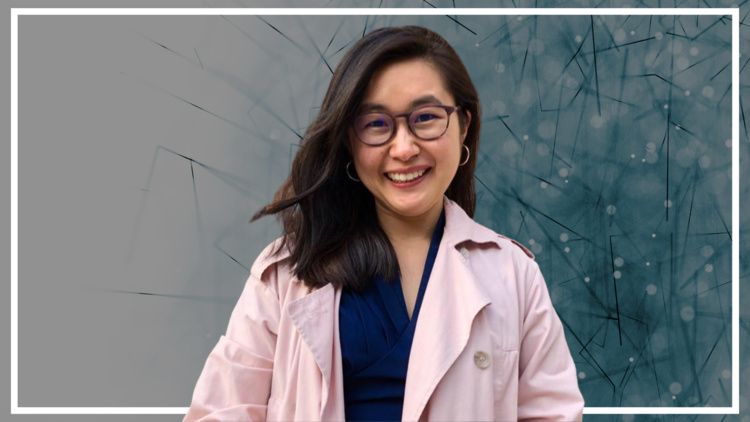
Plantation Liberalism: Personhood and Property between Philippine Mindanao and the Black Atlantic
On the banana plantations of Mindanao, the Philippines’ southernmost region, activists involved in an anti-chemical campaign decry their exposure to pesticide drift as an infringement on both their person and their personhood. Such forms of plantation-driven dehumanization draw the Pacific and the Atlantic worlds into a tight embrace. This seminar offers the notion of plantation liberalism as a means of overcoming some of the “regional closets” (Jegathesan 2021) that persist in studies of Southeast Asia. Plantation liberalism is the property-oriented vision of personhood introduced by agrarian colonialism that continues to define the contours of environmental activism today. To trace its genealogy in the Philippines, this seminar outlines how American planters of the early 20th century drew on racial ideologies, inherited from the Antebellum South, to project limited personhood onto Mindanawon natives and to impose private property as the path towards their “benevolent assimilation.” It then demonstrates how those ideals became the narrative terrain on which activists continue to articulate environmental campaigns, and on which their claims for justice continue to be adjudicated. By illuminating the transfer of these ideas between Philippine Mindanao and the Black Atlantic, this seminar seeks modes of transregional scholarship attentive to connection and comparison, but sensitive to the contingencies of historical context.
About the speaker:
Alyssa Paredes is Assistant Professor of Anthropology at the University of Michigan, Ann Arbor. She is a socio-cultural anthropologist researching plantation agriculture, scientific convention, transnational trade, and environmental activism between the Philippines and Japan. Her book manuscript, tentatively titled Bananapocalypse: Plantation Economies and Ecologies in a Global Mindanao, draws on transnational fieldwork to identify the crop science, agrochemical regulation, market segmentation techniques, and food standards as arenas where actors contend over the commodity chain’s various externalities. Her work appears in Ethnos: Journal of Anthropology and the Journal of Political Ecology, as well as in edited collections like The Promise of Multispecies Justice (Duke University Press, 2022) and Feral Atlas: The More-than-Human Anthropocene (Stanford University Press, 2020). She holds a PhD with distinction from Yale University. Before joining as assistant professor, she was LSA Collegiate Fellow 2020-2022 at the University of Michigan.
Critical Development Studies Seminar Series:
The series is organized by faculty and Ph.D. students in the Department of Global Development and the Graduate Field of Development Studies. You are encouraged to take part in these invigorating discussions in-person in Warren Hall B73 or via Zoom.